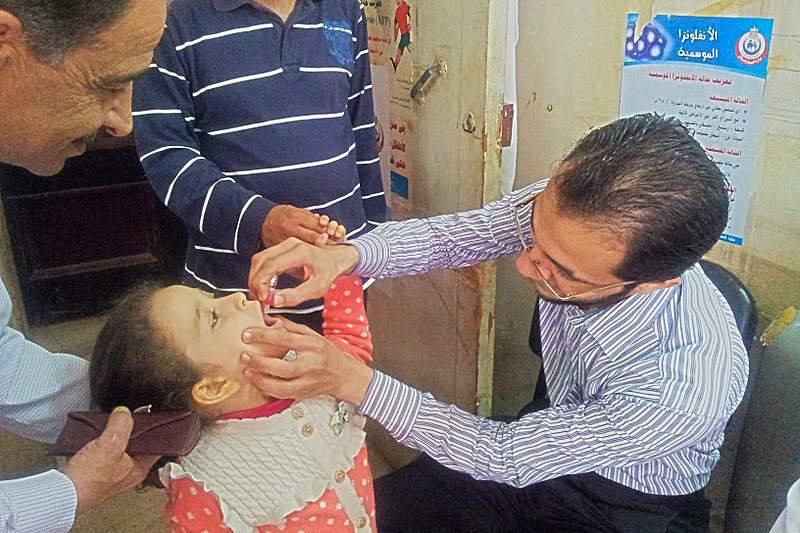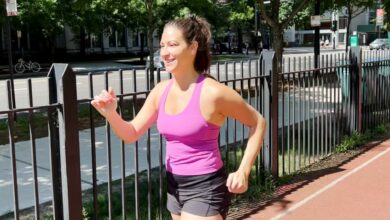Almost 80 percent of Egyptians do suffer back and neck pain. Lina El Wardani speaks to Dr. Wael Koptan, Assistant Professor of Orthopedic and Spinal Surgery, Faculty of Medicine at Cairo University
Al-Masry Al-Youm: Is today’s lifestyle affecting our bones and spines?
Dr. Wael Koptan: Definitely. Middle and upper class people now are usually driving their cars everywhere, and they don’t even walk anymore. The lack of exercise weakens the bones. Also, office jobs force you sit at your desk for long hours in the wrong position. People are usually working on their computers while bending forward, sometimes for endless hours.
Al-Masry Al-Youm: But we all do this. Is there a way to avoid bone and spine pain?
Koptan: There are some easy and simple instructions.
1: Sit upright at a 90 degree angle.
2: Put a small pillow to fill in the space between the chair and the lower back. This applies wherever you are, whether it is the office, the house or the car. The new Mercedes, for example, has a built-in pillow.
3: Avoid bending forward. When working on a computer put the keyboard upwards by 30 degrees.
4: After every hour of work, stand up and walk around your office for at least five minutes.
5: Stop reading and watching TV in bed. Buy a book holder. It helps.
6: Get involved in sports, especially swimming, on a regular basis. It is very good for the bones and the cartilage.
Al-Masry Al-Youm: But most of our offices are simply not equipped with these chairs and these desktops.
Koptan: I know and this is why I ask my patients if they need a letter to their HR or the company’s physician. It is their responsibility to provide their employees with comfortable and healthy working or else they will not be productive.
Al-Masry Al-Youm: Do your patients listen to those instructions?
Koptan: Yes, most of them do. It is not that difficult. I always tell my patients that the instructions are more important than the medication. It is their lifestyles that need to change.
Al-Masry Al-Youm: But how much is our lifestyle to blame for spine and bone pain?
Koptan: 80 percent of my patients suffer from lower back pain problems, mainly because of their lifestyles. And 90 percent of people in the world will suffer one severe lower back pain attack that would bring them to a hospital or physician.
In Egypt, there are no statistics, but you can tell from indicators like this. The clinic here is booked for more than a month ahead with people suffering from spine problems. Also, there are many people still used to sitting on the floor and this is very dangerous for the spine. And there is the exhausted housewife syndrome: women who do the heavy household jobs, which involve carrying heavy carpets and bending forward for longer periods.
Al-Masry Al-Youm: Does obesity cause spine problems?
Koptan: Yes, 90 percent of people who regularly visit a physician for spine problems are overweight. Lack of exercise, unhealthy eating and obesity are the three main reasons for back pain. Our lower back carries all our weight.
Al-Masry Al-Youm: Isn’t it strange that most of your patients are in their 30s and 40s?
Koptan: And the twenties. Back pain problems usually attack young people. Herniated intervertebral discs, or a slipped discs usually occurs between the ages of 25 and 45. This is the time when we are mostly active and we are more likely to carry heavy things or misuse our spines. Over 50, the cartilage is much harder.
Health & FitnessLife & Style




